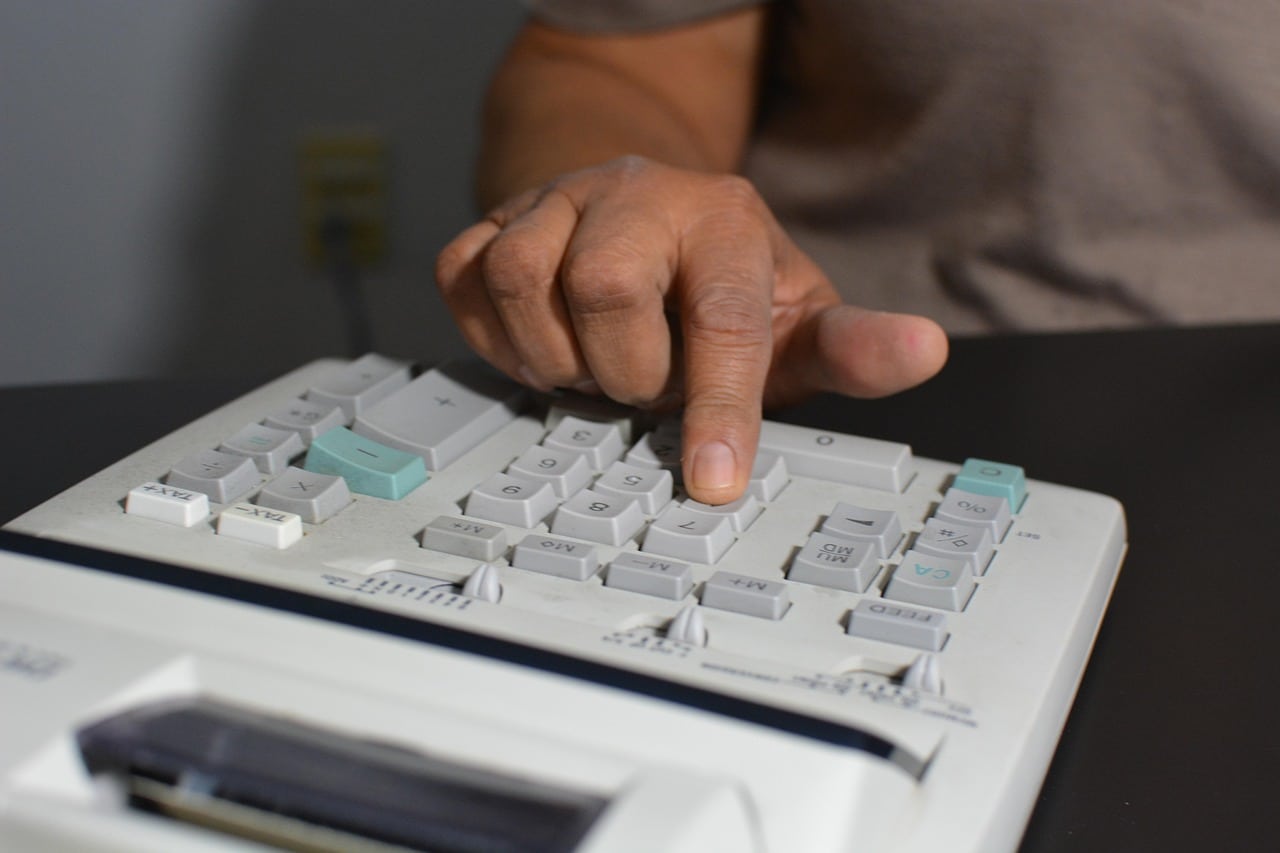Understanding the classification of different accounts is fundamental to accurate bookkeeping and financial reporting. One common question businesses ask is: Is accounts payable a liability?
The short and simple answer is yes—accounts payable is considered a current liability. But to fully understand why, it’s important to dive deeper into what accounts payable represents and how it functions, especially in industries like real estate where financial management is complex and highly active.
What Is Accounts Payable?
Accounts payable (AP) is the amount of money a company owes to suppliers or service providers for goods and services it has received but not yet paid for. Whenever a company buys something on credit, it records that obligation as part of its accounts payable.
Because accounts payable represents money the company is obligated to pay in the near future, it is classified as a liability on the company’s balance sheet. More specifically, it is a current liability, meaning it is due within a year or less.
Why Is Accounts Payable Classified as a Liability?
In accounting, liabilities are obligations the business has to pay others. They are claims against the company’s assets. Since accounts payable consists of amounts owed to vendors or service providers, it fits squarely into the liability category.
When a company incurs a payable:
- It increases liabilities by recording the payable.
- It increases assets or expenses depending on the nature of the goods or services received.
When the company pays the amount owed:
- It decreases liabilities (by debiting accounts payable).
- It decreases assets (by crediting cash or the bank account).
In this way, accounts payable tracks short-term obligations the company must fulfill to maintain operations and vendor relationships.
Accounts Payable and the Real Estate Industry
In real estate businesses, accounts payable takes on an especially important role. Managing properties involves constant transactions with contractors, service providers, utility companies, insurance agencies, and municipal governments. Each of these transactions can create a new payable obligation.
Some examples of typical real estate accounts payable include:
- Paying contractors for building repairs or renovations
- Paying landscapers for property upkeep
- Paying for marketing services to promote property listings
- Covering property management software fees
- Paying insurance premiums or property taxes
Because real estate projects often operate on tight schedules and budgets, effective accounts payable management is essential. If invoices are not paid on time, it can lead to project delays, strained vendor relationships, or even legal disputes.
For real estate businesses looking to streamline their operations, dedicated real estate accounts payable solutions can help automate, organize, and optimize payment processes.
The Importance of Proper Accounts Payable Management
Recognizing accounts payable as a liability is only the first step. Managing it correctly is equally important. Good accounts payable management ensures:
- Strong cash flow: By keeping track of upcoming payments, businesses can plan cash reserves accordingly.
- Vendor trust: Paying suppliers on time builds better relationships and can even lead to better terms or discounts.
- Accurate financial reporting: Reliable books provide a true picture of the company’s financial health.
- Regulatory compliance: Keeping clear and accurate records helps with tax reporting and auditing processes.
In industries like real estate, where dozens or even hundreds of invoices may need processing every month, attention to accounts payable can be the difference between smooth operations and financial confusion.
Best Practices for Managing Accounts Payable
For companies looking to improve how they handle their accounts payable liabilities, a few best practices can make a big difference:
- Use Automation: Automating invoice capture, approval routing, and payments reduces manual errors and speeds up processes.
- Set Clear Approval Workflows: Know exactly who is responsible for approving invoices and when approvals are needed.
- Reconcile Accounts Regularly: Make sure your accounts payable ledger matches vendor statements and bank records.
- Track Payment Terms Carefully: Know when payments are due to avoid late fees and maintain positive vendor relationships.
- Monitor Cash Flow: Always have a clear view of upcoming payment obligations to ensure you have sufficient funds available.
Following these practices ensures that accounts payable liabilities are managed efficiently and transparently.
Common Accounts Payable Mistakes
Even with good systems in place, some common mistakes can cause problems:
- Ignoring Invoice Deadlines: Missing payment deadlines can result in late fees and damaged relationships.
- Data Entry Errors: Entering incorrect amounts or duplicating entries can lead to overpayments or disputes.
- Poor Recordkeeping: Without clear documentation, it becomes hard to resolve vendor questions or pass audits.
- Failure to Communicate Internally: Teams must stay informed about invoices that need urgent approval to avoid bottlenecks.
Staying organized and vigilant is crucial, especially for businesses handling large volumes of vendor activity like those in the real estate sector.
Conclusion
Is accounts payable a liability? Absolutely. It represents a company’s obligation to pay for goods and services already received. Classified as a current liability, accounts payable plays a central role in both everyday operations and broader financial management.
For real estate businesses, where the volume and complexity of payables are often high, effective management of these liabilities is vital for maintaining cash flow, staying on schedule, and building strong vendor relationships. With careful attention and smart systems, businesses can handle their real estate accounts payable in a way that supports growth and operational excellence.

